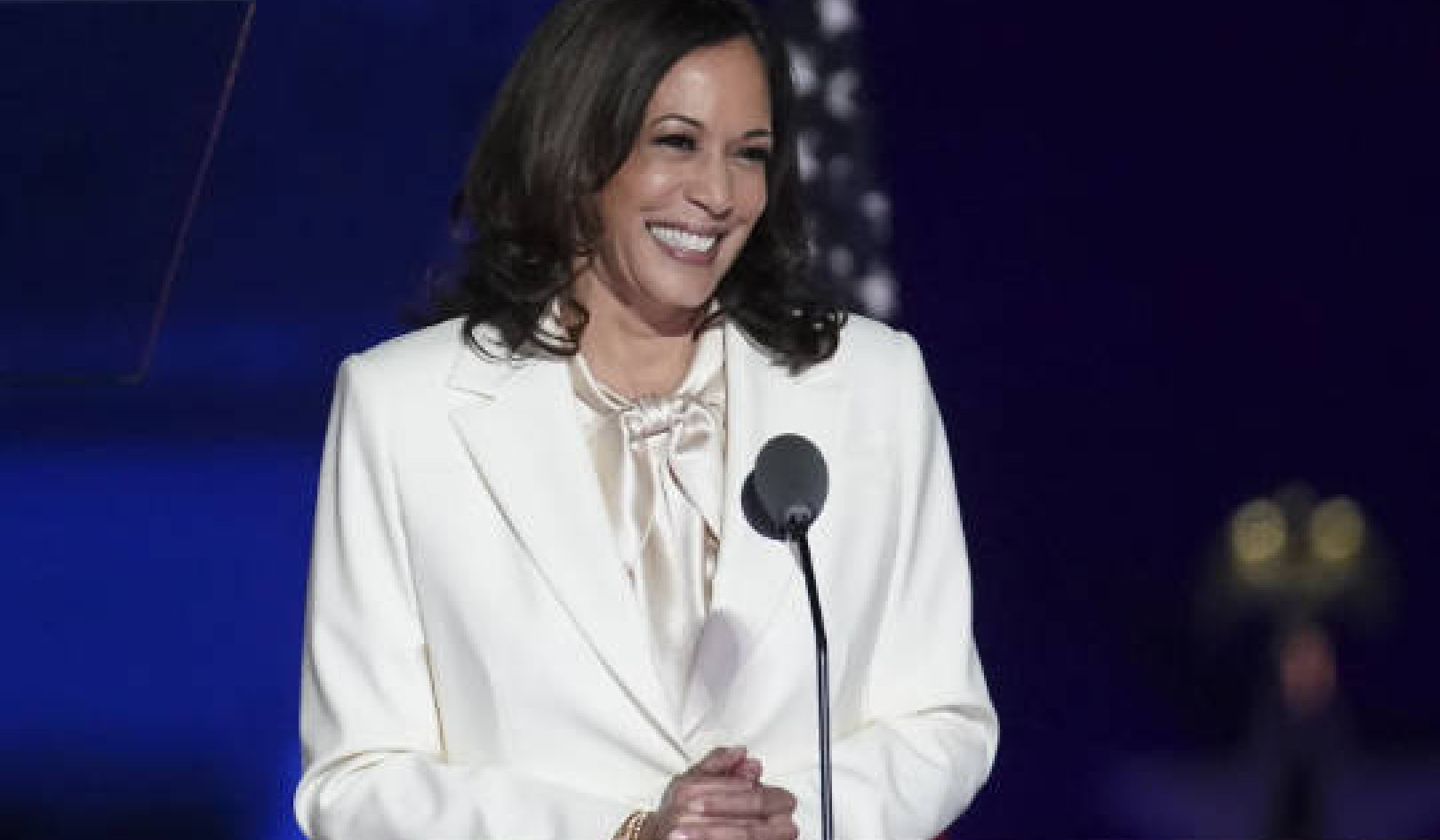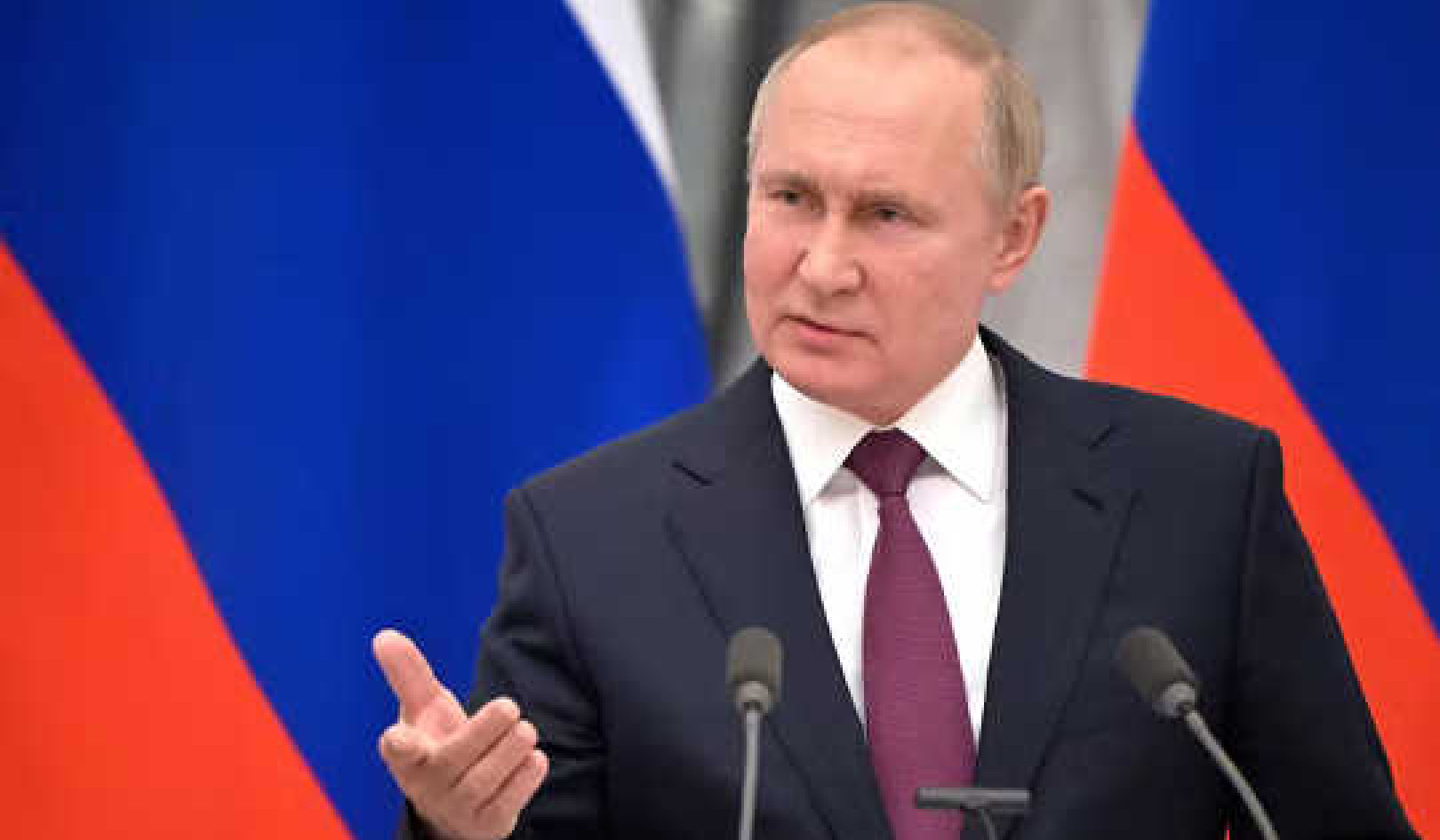
A cancer diagnosis can be a serious financial hardship for many elderly and disabled patients on Medicare, with annual out-of-pocket costs ranging from $2,116 to $8,115, on top of what they pay for health insurance, a new survey shows.
“The physical disease is terrible and then you have to figure out how to deal with the economic fallout associated with paying to treat it.”
The research, published in the journal JAMA Oncology, tabs hospitalizations as a major driver of the out-of-pocket costs. Cancer contributes more to US health care costs than any other disease, researchers say.
“The spending associated with a new cancer diagnosis gets very high quickly, even if you have insurance,” says Lauren Hersch Nicholas, assistant professor of health policy and management at Johns Hopkins University’s Bloomberg School of Public Health.
“The health shock can be followed by financial toxicity. In many cases, doctors can bring you back to health, but it can be tremendously expensive and a lot of treatments are given without a discussion of the costs or the financial consequences.”
Researchers examined data from more than 1,409 Medicare-covered cancer patients interviewed between 2002 and 2012. The sample included a broad geographic, socioeconomic, and ethnic range of US seniors.
Medicare, the federal health plan for older Americans, covers just 80 percent of outpatient health costs and charges co-pays of $1,000 for each hospital visit. In the study, 15 percent of patients had Medicare alone. Others had some type of supplemental insurance: 50 percent had a Medigap plan or were still receiving employer or retiree benefits; 20 percent participated in a Medicare HMO; 9 percent received Medicaid (the federal plan for the poorest Americans); and 6 percent got benefits from the Department of Veterans Affairs. Each type of insurance covers at least some of the costs that Medicare doesn’t.
Costs can hit hard
Average annual out-of-pocket costs associated with a new cancer diagnosis were $2,116 for Medicaid beneficiaries, $2,367 for those covered by VA, $5,492 for those with employer plans, $5,670 for those with Medigap, $5,976 for those in a Medicare HMO, and $8,115 for those with no supplemental insurance. There are no caps on what Medicare beneficiaries have to pay.
Patients without supplemental insurance reported average annual out-of-pocket costs at one-quarter of their annual income; 10 percent had costs amounting to at least 63 percent.
“Cancer costs are high, and a significant segment of our seniors who don’t have adequate insurance coverage can be hit hard by this,” Narang says. “In addition to efforts aimed at lowering cancer costs, we need to think about how to offer our seniors better insurance coverage.”
Researchers say one expensive solution would be to cap annual out-of-pocket Medicare costs. Many private insurance plans have such caps, known as catastrophic coverage. Congress would need to enact such a reform.
The researchers found that inpatient hospitalizations accounted for between 12 and 46 percent of out-of-pocket cancer spending, depending on whether a patient had supplemental insurance and what type.
Inpatient care can be needed for surgery or to handle severe side effects of treatment. Doctors can help avoid hospitalization with more intensive outpatient management of common radiation or chemotherapy side effects, says coauthor Amol K. Narang, instructor in radiation oncology and molecular radiation sciences, Narang says.
Because the study did not gather specific information on survey respondents’ hospital stays, more research is needed to understand which are truly preventable.
“We should expect to spend some of our income on health care,” Nicholas says. “But many people are unprepared to spend more than a quarter of their income treating a single disease. The physical disease is terrible and then you have to figure out how to deal with the economic fallout associated with paying to treat it.”
The National Institute on Aging supported the work.
Source: Johns Hopkins University
Related Books:
at InnerSelf Market and Amazon





























